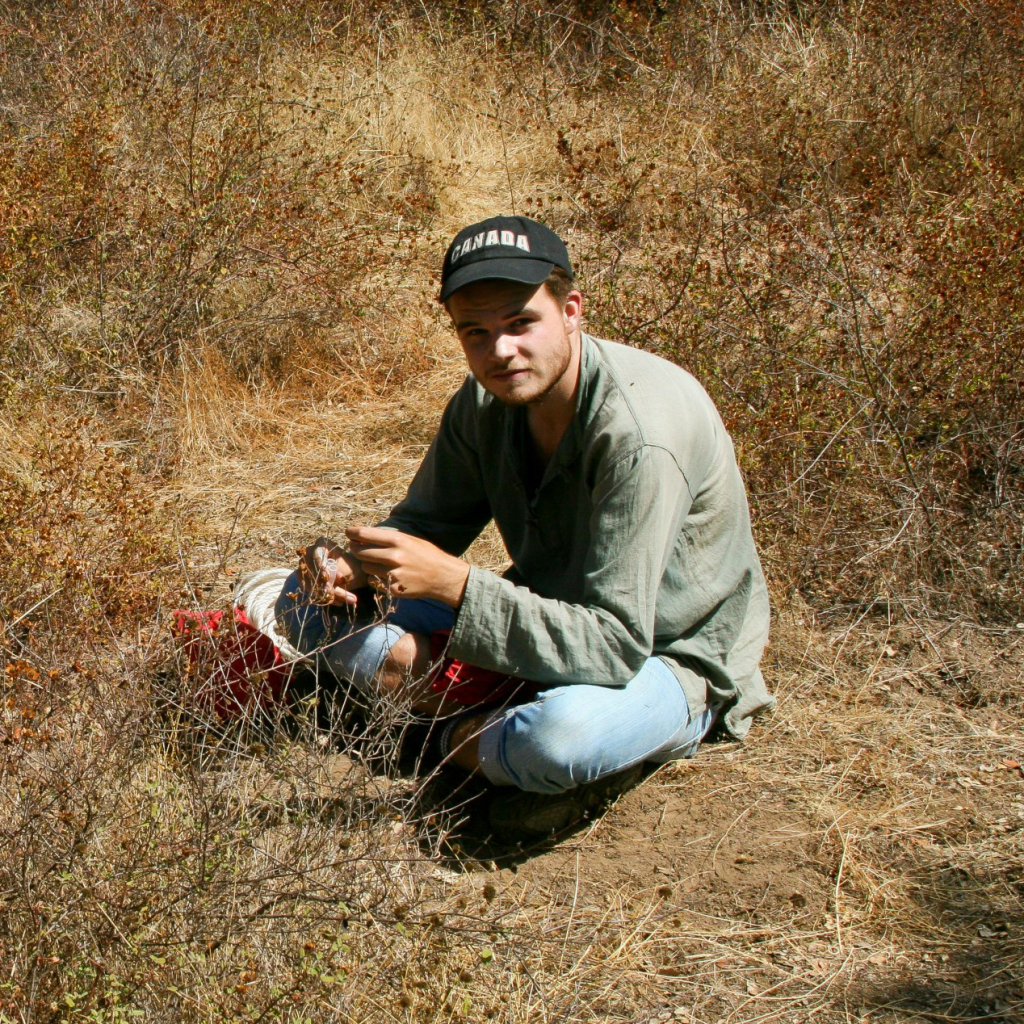Congratulations to Sam for becoming Dr Duckerin in Nov 2018! Sam is now travelling the world!
Position: PhD Student. Completed!
Project: Effects of pesticides on bumblebee social networks
Research Interests: We rely on insect pollinators for 1/3rd of all the food we eat and for contributing over $200billion to the global economy every year. Wild pollinators such as bumblebees are not only valuable to crop production but they also play a key role in maintaining our natural ecosystems. It has been reported that these pollinators are suffering dramatic population declines worldwide and there is great concern that pesticides could be playing a significant role. There is mounting evidence that pesticides impair the behaviour of pollinators such as bees, yet we lack a complete explanation of how these neurotoxic chemicals affect bees from the level of the gene to the level of the colony. Could these insects be suffering pesticide “hang-overs” that change the way they interact with their nest mates?
I want to focus on the social behaviours of bumblebees and use a combination of automated video tracking and social network analysis to explore how the effects of pesticides on individual behaviour can have a knock-on effect to the social structure of the colony. Field-realistic doses of pesticides may alter the way in which individuals interact and exchange information, which could lead to sub-optimal colony performance. Overall, the results of this research will allow us to make more informed decisions about how we manage our crops, protect our pollinators and establish a future of sustainable agriculture.
This project is funded by the BBSRC as part of the South West Doctoral Training Partnership.
Background:
2014 – Present: PhD Candidate, University of Bristol
2013 – 2014: Research Collaborator, Bionanoscience Group, University of Bristol
2010 – 2013: BSc (Hons) Biology, University of Bristol
Contact:
E-mail: sam.duckerin@bristol.ac.uk
Twitter: @samduckerin
